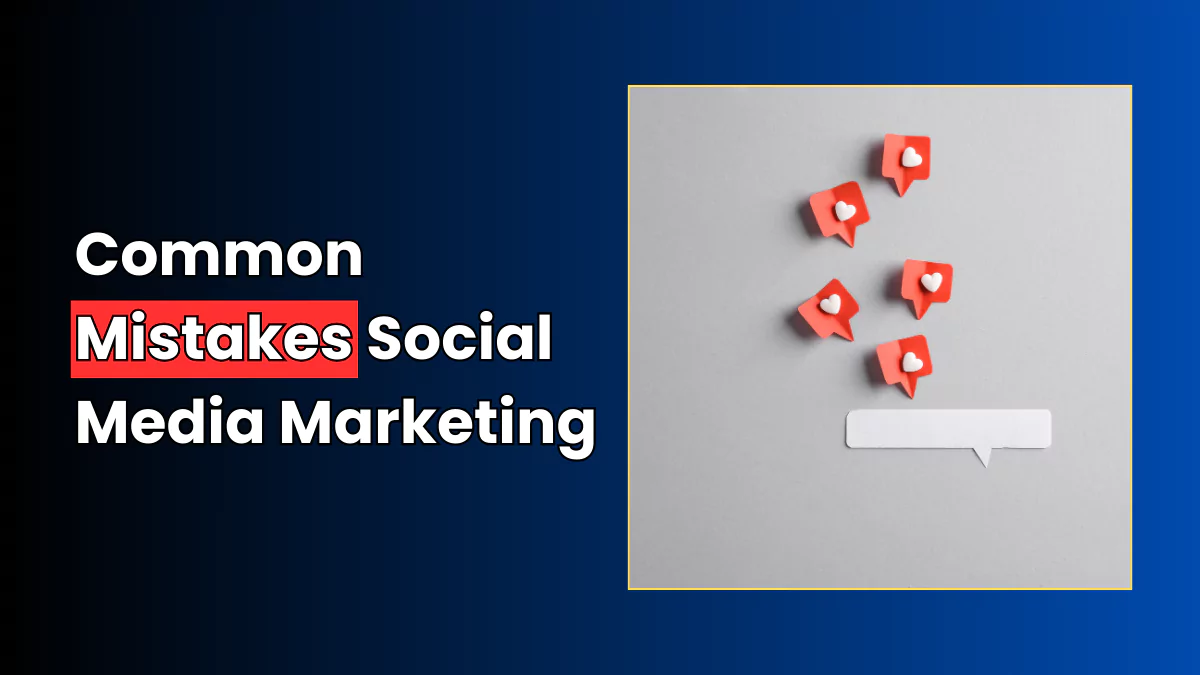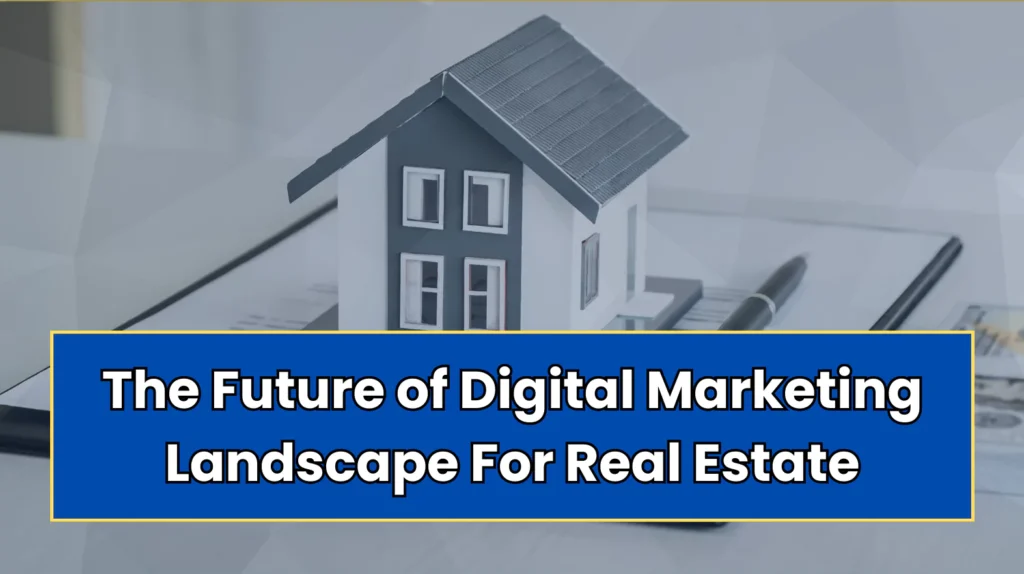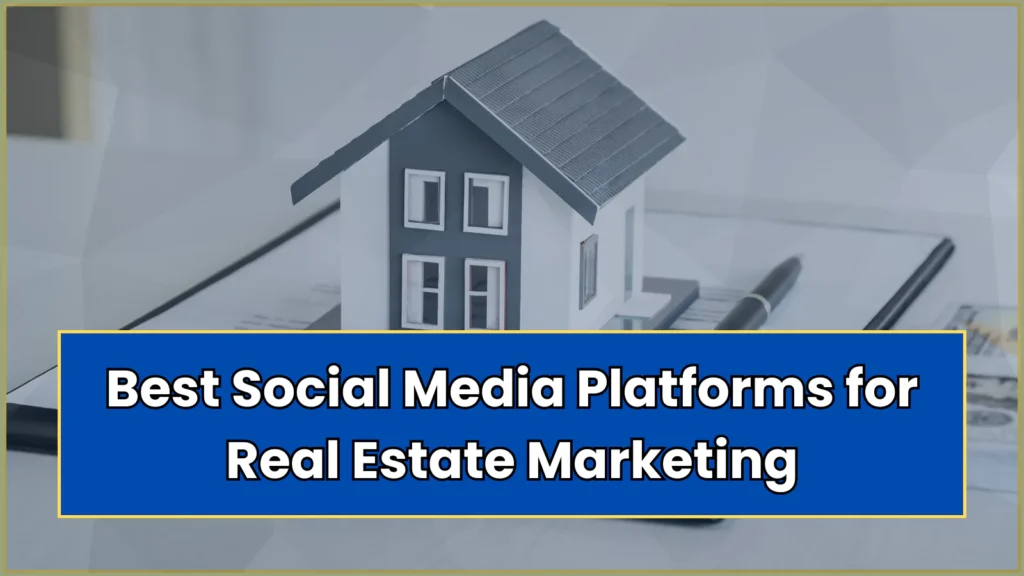Don’t Do: Social Media in Real Estate Marketing

By Team Dlanes
Table of Contents
Social media has revolutionized the way real estate marketers connect with their target audience. From showcasing properties to fostering community engagement, platforms like Facebook, Instagram, and LinkedIn offer unparalleled opportunities for reaching and resonating with potential buyers or renters. However, navigating the nuances of social media marketing requires finesse and strategy to avoid pitfalls that can derail your efforts.
Understanding the Role of Social Media in Real Estate Marketing
Social media serves as a dynamic and interactive platform for showcasing properties, sharing industry insights, and engaging with clients and prospects. Its visual nature makes it particularly well-suited for real estate marketing, allowing marketers to showcase listings through photos, videos, virtual tours, and live streams. By leveraging social media effectively, marketers can expand their reach, foster relationships, and drive leads and conversions.
Common Mistakes in Real Estate Social Media Marketing
Inconsistent Branding and Messaging
One of the most common mistakes in real estate social media marketing is inconsistent branding and messaging across platforms. Incoherent visuals, tone, and messaging can dilute your brand identity and confuse your audience, leading to disengagement and loss of trust.
Overpromotion and Hard Selling
Another prevalent mistake is overpromotion and hard selling on social media. Bombarding followers with incessant sales pitches or self-promotional content can come across as spammy and turn off potential buyers or renters. Instead, focus on providing value, sharing relevant content, and fostering genuine connections with your audience.
Ignoring Engagement and Interaction
Many marketers make the mistake of treating social media as a one-way broadcast channel rather than a two-way conversation. Ignoring comments, messages, and mentions from followers can signal disinterest and diminish engagement levels, ultimately hindering the effectiveness of your social media efforts.
Neglecting Visual Quality and Consistency
In a visually-driven medium like social media, the quality and consistency of your visual content are paramount. Posting low-quality photos or inconsistent branding aesthetics can detract from the professionalism of your brand and weaken the impact of your social media presence.
Impact of Social Media Marketing Mistakes
The repercussions of social media marketing mistakes in real estate can be significant and multifaceted.
Diminished Brand Credibility and Trust
Inconsistent branding, overpromotion, and neglecting engagement can erode the credibility and trustworthiness of your brand. In an industry built on trust and relationships, any perception of insincerity or indifference can tarnish your reputation and deter potential clients.
Reduced Reach and Engagement
Social media algorithms prioritize content that resonates with users and sparks meaningful interactions. Mistakes such as overpromotion or neglecting engagement can result in decreased reach and engagement, limiting the visibility and impact of your social media efforts.
Missed Opportunities for Lead Generation
Social media platforms offer valuable opportunities for lead generation and customer acquisition. However, overlooking engagement, ignoring messages, or failing to nurture relationships can lead to missed opportunities for converting followers into leads and clients.
Negative Public Perception and Backlash
Social media blunders have the potential to go viral and attract negative attention from followers, competitors, and the media. Mishandling a crisis, posting inappropriate content, or engaging in unethical practices can damage your brand’s reputation and lead to long-term repercussions.
Strategies to Avoid Social Media Marketing Mistakes
Avoiding social media marketing mistakes requires a strategic and proactive approach to content creation, community management, and relationship building.
Develop a Consistent Brand Voice and Aesthetic
Define your brand voice, tone, and aesthetic, and ensure consistency across all social media platforms. Establishing a cohesive brand identity helps reinforce your brand’s personality and values and fosters recognition and trust among your audience.
Provide Value and Foster Engagement
Focus on providing value to your audience by sharing informative, entertaining, and relevant content. Encourage engagement and interaction by responding to comments, messages, and mentions promptly and authentically.
Balance Promotional and Non-Promotional Content
Strike a balance between promotional and non-promotional content to avoid coming across as overly salesy. Educate, entertain, and inspire your audience with a mix of property listings, industry insights, behind-the-scenes content, and user-generated content.
Invest in Visual Quality and Consistency
Prioritize visual quality and consistency in your social media content to maintain a professional and cohesive brand presence. Invest in high-quality photography, graphic design, and video production to create visually compelling and engaging content.
Conclusion
Social media has transformed the landscape of real estate marketing, offering unparalleled opportunities for reaching, engaging, and converting potential buyers or renters. However, common mistakes such as inconsistent branding, overpromotion, neglecting engagement, and visual quality can undermine the effectiveness of your social media efforts. By adopting a strategic and proactive approach to social media marketing, you can avoid these pitfalls and unlock the full potential of social media to elevate your real estate marketing strategy.
FAQs
- How can I maintain consistency in my brand’s messaging and visuals across social media platforms?
- Develop brand guidelines outlining your brand’s voice, tone, aesthetics, and key messaging points, and ensure consistency across all social media platforms.
- What types of content should I prioritize on social media to engage my audience effectively?
- Prioritize content that provides value to your audience, such as informative blog posts, entertaining videos, behind-the-scenes glimpses, user-generated content, and property listings.
- How should I handle negative comments or feedback on social media?
- Address negative comments or feedback promptly and professionally, and strive to resolve any issues or concerns raised by your audience. Transparency, empathy, and responsiveness are key to managing negative feedback effectively.
- What are some tools or resources I can use to streamline my social media marketing efforts?
- Consider using social media management platforms, analytics tools, content scheduling tools, and graphic design software to streamline your social media marketing efforts and maximize efficiency and effectiveness.
- How can I measure the effectiveness of my social media marketing efforts and make data-driven decisions?
- Track key performance indicators (KPIs) such as reach, engagement, click-through rates, conversion rates, and return on investment (ROI) to measure the effectiveness of your social media marketing efforts and inform your strategy moving forward.


